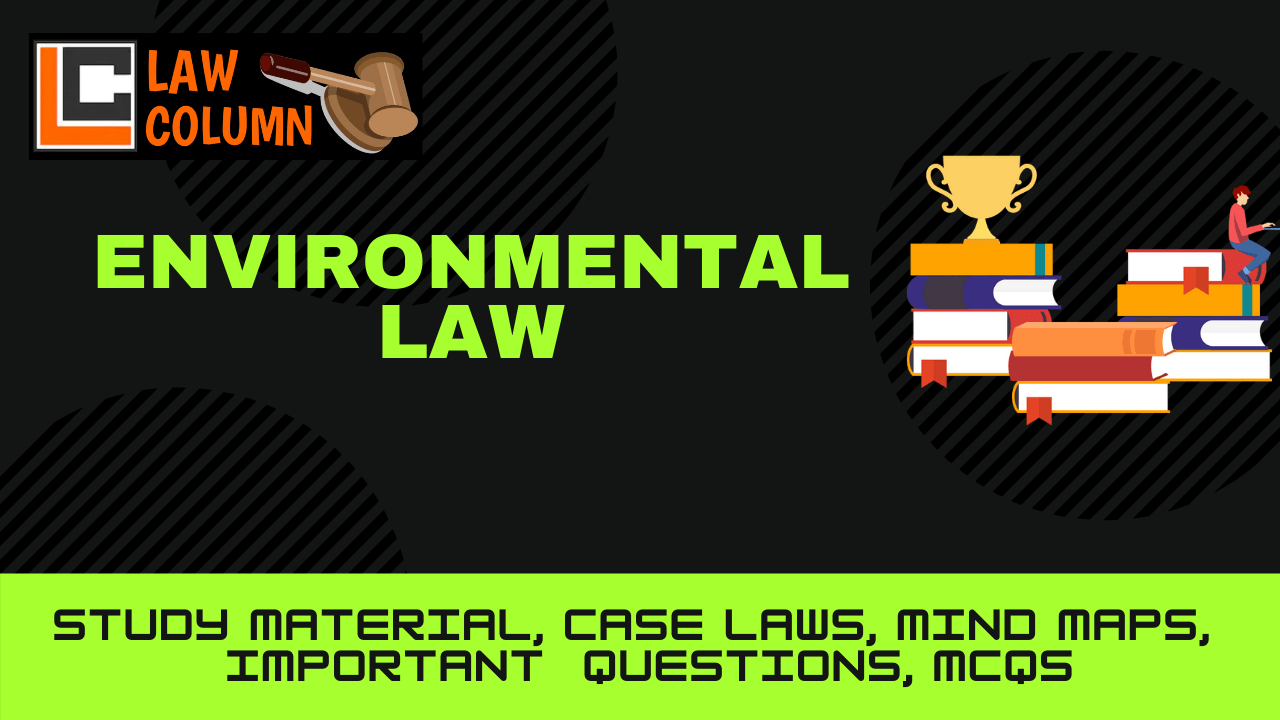Samatha vs State of Andhra Pradesh & ors. – Case Comment
This case deals with the leasing out of tribal lands for mining and industrial purposes to the non-tribal persons, the state government of Andhra Pradesh leased the several tribal lands to the non tribal persons to mine tribal lands. Samatha who is fighting for the rights of the affected tribal people filed a petition in the high court of Andhra Pradesh filed a petition in the High Court of Andhra Pradesh in which it was argued that the granting of such leases of tribal lands to the non-tribal persons for mining purposes has violated the Andhra Pradesh Scheduled areas land transfer regulation (1959) and the forest conservation act (1980). The petition thus filed was rejected by the high court and Samatha subsequently filed a special leave petition in the supreme court India Where the bench judgement court decided in the favour of the tribals and held that the government lands ,forest lands and tribal lands in the scheduled area cannot be leased out to non tribals or to private lands ,they also held that the government cannot lease the scheduled areas for mining purposes to the non tribal persons as it is in contravention with the 5th schedule of the constitution.
Mining activity can be taken up by only Andhra Pradesh State Mineral Development Corporation or a Corporation of tribals and that too of they are in the compliance with the forest (conservation) Acct 1980 and the Environment (protection ) Act 1986 and The court also stated that at least 20 per cent of the profits from any project must be set aside as a permanent fund for the affected tribal people’s development needs in addition to any expenditure on reforestation and maintenance of the ecology. The court also directed the Prime minster to develop a national scheme based on the guidelines laid down in the judgement in relation to tribal lands throughout the country.
The judgement put a special emphasis on the idea of ‘social democracy as defined by Dr Babasaheb Ambedkar -which recognizes liberty, equality and fraternity as the principle of life ,by referring to the article 21 of the constitution which gives right to life and personal liberty the court held that the tribals also have equal right to social and economic empowerment . The Court recognised the 73rd Constitution Amendment Act and the Andhra Pradesh Panchayat Raj (Extension to Scheduled Areas) Act by stating that the Gram Sabhas shall be competent to safeguard and preserve community resources and thereby reiterated the need to give the right of self governance to tribals. The court also felt that it would be appropriate to constitute a conference of chief ministers and concerned union ministers to take policy decision so as to bring a proper enactments for a consistent scheme throughout the country in respect to tribal lands and exploitation of mineral wealth. The state government was also asked to stop all the industries from mining operations.
Author: Mauli Dogra,
Student ,MIT WPU

